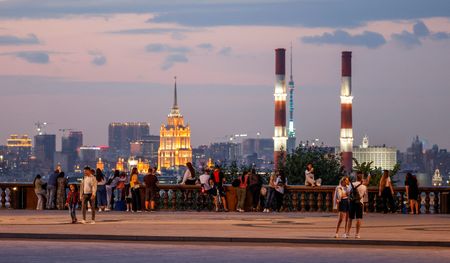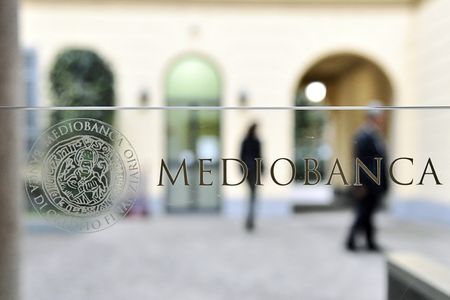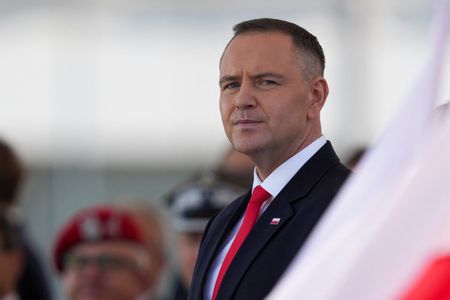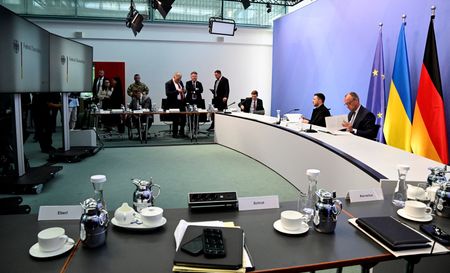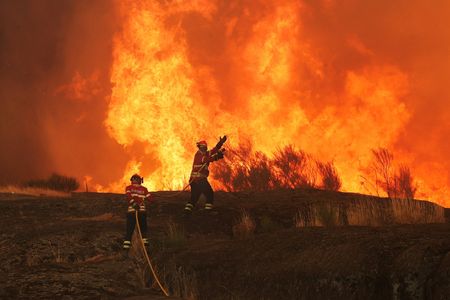MOSCOW (Reuters) -Russia has started restricting some Telegram and WhatsApp calls, accusing the foreign-owned platforms of failing to share information with law enforcement in fraud and terrorism cases, the digital development ministry said on Wednesday.
Russia has clashed with foreign tech platforms for several years over content and data storage in a simmering dispute that intensified after Moscow’s invasion of Ukraine in February 2022, with critics saying that Russia is trying to expand its control over the country’s internet space.
President Vladimir Putin has authorised the development of a state-backed messaging app integrated with government services, as Moscow seeks to establish what it calls digital sovereignty by promoting home-grown services and reducing its dependence on platforms such as WhatsApp and Telegram.
“In order to counteract criminals… measures are being taken to partially restrict calls on these foreign messengers,” the Interfax news agency quoted communications regulator Roskomnadzor as saying. “No other restrictions have been imposed on their functionality.”
WhatsApp owner Meta Platforms and Telegram did not immediately respond to requests for comment.
Telegram, responding to Russia’s RBC daily, said it was resisting calls for violence and fraud on its platform and that moderators were using AI tools to monitor public parts of the platform to remove millions of malicious messages every day.
Reuters reporters verified the restrictions, noting that voice calls on Telegram had barely functioned since August 11 and that WhatsApp calls had been rendered impossible due to intermittent sound and a metallic buzzing.
The digital development ministry said Telegram and WhatsApp had ignored repeated requests to take measures to stop their platforms being used for activities such as fraud and terrorism.
The blocking measures, which extend only to calls, would be lifted should the platforms comply with Russian law, the ministry said.
This includes opening legal entities in Russia, complying unconditionally with all Russian laws and cooperating with Roskomnadzor and law enforcement, said Anton Gorelkin, deputy head of the lower house of parliament’s information technology committee.
Meta was branded an extremist organisation by Moscow in 2022, but WhatsApp, widely used in Russia, was allowed to remain. The messenger has received some penalties for failing to remove information banned by Russia.
Gorelkin last month said that WhatsApp should prepare to leave the market. Another lawmaker described WhatsApp’s presence in the Russian market as a breach of national security.
Critics have voiced concerns that Russia’s new state-backed messaging app may track its users’ activities and have suggested Russia might slow WhatsApp’s speeds in order to get users to migrate to the new platform.
Human Rights Watch said in a report last month that Russia’s government was increasing its technological capacities and control over the country’s internet infrastructure, allowing for more widespread blocking and throttling of unwanted websites and censorship circumvention tools.
(Reporting by Moscow bureau; Writing by Alexander Marrow; Editing by Mark Trevelyan, Guy Faulconbridge and Barbara Lewis)



